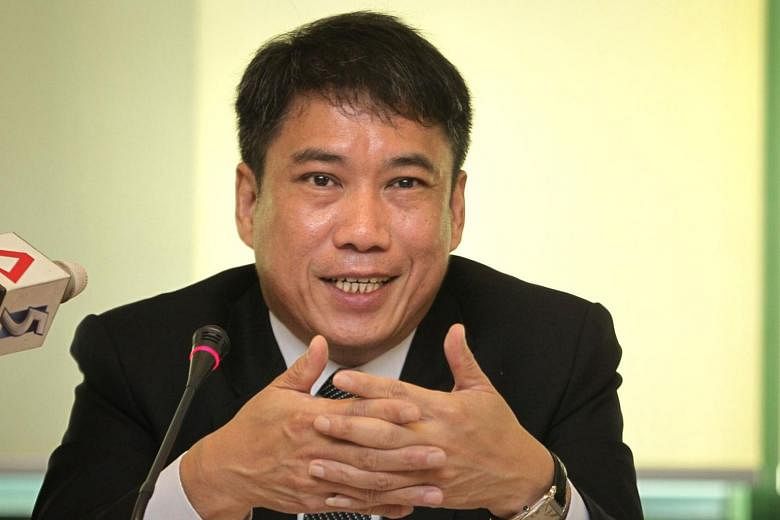SINGAPORE - Attracting and developing promising start-ups to become unicorns - or start-ups valued at over US$1 billion - is recommended as a strategy to drive Singapore's growth.
This is part of a Budget 2018 wishlist submitted to the government from the SME Committee (SMEC), led by the Singapore Business Federation (SBF).
To position Singapore as an attractive hub for unicorns and investors, incentives can be designed to attract startups with the potential to be unicorns, to set up base in or relocate to Singapore, said the SMEC.
Another way to incentivise private companies to invest in potential unicorns is through grants and tax incentives, and providing tax deductions and rebates for private companies with failed investments.
To benefit Singapore, the schemes should incorporate criteria such as a minimum equity stake in the potential unicorn company - 30 per cent for example, suggested the SMEC.
Other criteria include requiring the unicorn to house its headquarters, research and development, intellectual property (IP) holding and other key functions in Singapore. Another is the "creation of good jobs" for the Singapore economy and Singaporeans.
Lawrence Leow, chairman of SMEC, said: "The evolving business landscape has spawned the emergence of potential unicorns with disruptive and transformative capabilities across several industries globally."
For Budget 2018, the SMEC is calling on the government to help incentivise private companies to invest in unicorns through grants and tax incentives, he said.
"This would enable the private sector to play a more active role in becoming co-drivers for the growth and development of the economy," he added.
Aside from unicorns, another recommendation from the SMEC is to promote partnerships between large companies and SMEs (small and medium-sized enterprises). This is through tax or other incentives specifically for projects with substantial SME involvement to promote partnerships and collaborations between large companies and SMEs on overseas ventures.
One past recommendation that the SMEC identified as still relevant include the expansion of the Intellectual Property Financing Scheme (IPFS) to include IP acquisition financing for IP assets and the acquisition of IP-owning companies.
The SMEC also called on the government to provide "broad-based" support to give SMEs a lift in their transformation efforts.
This is through easier access to government schemes, such as through enhancements of the Business Grant Portal and the SME Portal to help SMEs better understand the process and requirements.
Another recommendation is the establishment of a voluntary Supplier Payment Code in Singapore, as well as better awareness of government procurement.


